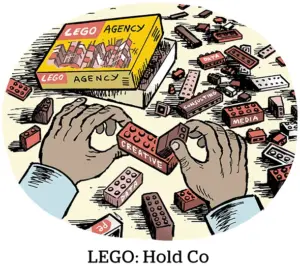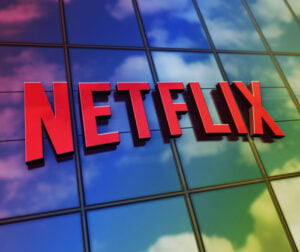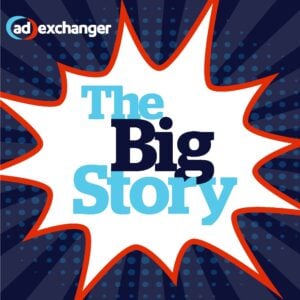Admiral, a startup that first got its start with ad block recovery tools, announced the close of a $19 million growth equity and debt funding round on Wednesday.
The new funding, which brings Admiral’s total capital raised to $28 million since 2015, was led by Harbert Growth Partners, the growth equity arm of Harbert Management Corporation, with participation from Bridge Bank.
These days, Admiral refers to itself as a “visitor relationship management” platform, which is a bit like customer relationship management (CRM), but for publishers.
Marketers and advertisers use CRM software to help them chart a potential customer’s journey.
But most digital publishers don’t have “customers,” per se. They have readers, viewers and visitors, who require a slightly different approach to acquire, said Admiral CEO Dan Rua.
Admiral’s platform is designed to help publishers develop stronger relationships with their audiences and, in turn, diversify their revenue.
Saying hello
The evolution to visitor relationship management from ad block recovery – technology that identifies when a user has ad blocking software turned on and sends a message asking that user to whitelist the site instead – is a logical one, Rua said.
The rise of privacy regulations combined with signal loss and a greater emphasis on user choice have impacted ad tech’s overall effectiveness. Publishers can’t just “track people and shoot ads,” said Rua.
Neither should publishers rely on paywalls to make up the difference in revenue, which Rua likens to proposing marriage on the first date.
Instead, he said, “they actually have to stick their hand out to say hello and start some sort of relationship with that visitor” using conversational messaging, a strong brand identity and (most importantly for Admiral’s purposes) a deliberate road map for making those connections.
Magic messaging
In addition to Admiral’s existing tools for ad block recovery, email registration, first-party data capture, donation paywalls and social paid subscriptions, the company has also started experimenting with AI technology.
Using OpenAI’s GPT engine, Admiral can develop and A/B test messages related to a publisher’s tone, where a visitor came from (e.g., via a social ad) and based on the content on a page.
For example, an article about a game-winning shot by Steph Curry might invite a visitor to read more about his career or sign up for email alerts for future basketball-related stories.
Admiral also hopes to put some of its fresh funding into “Pub Brain,” a new tool that would function something like a page-specific chatbot or intra-publication search engine.
The purpose, Rua said, would be to “deliver a smarter and better content recommendation to the visitor” that’s directly fed into a publisher’s existing body of knowledge, rather than an outside search via Google or an LLM model.
The bulk of the money, however, will go into scaling the company overall, including hiring for its product team, go-to-market team and its “customer love” team (Admiral’s version of customer support).
The authenticated web
The problem is, though, that many publishers aren’t getting enough love – or at least not enough revenue to sustain them.
Meanwhile, collecting first-party data from site visitors – which is critical in light of signal loss – is a lot easier said than done.
And even if a publisher can convince its visitors to authenticate, forcing people to log in can also lead to password fatigue. It’s a pain trying to keep track of multiple logins and accounts.
So, last week, Admiral announced a partnership with The Trade Desk (which, fun fact, also received funding from Bridge Bank, albeit way back in 2014) to integrate with TTD’s single-sign-on tool, OpenPass, and UID2, its open-source identity solution.
According to Rua, the launch of OpenPass last year led to many questions from publishers about how best to encourage authentication among users, which is why the integration with Admiral makes sense.
“Our team has thought so much about this topic that we already know best practices,” he said. “We have an easy button on how journeys should operate.”















